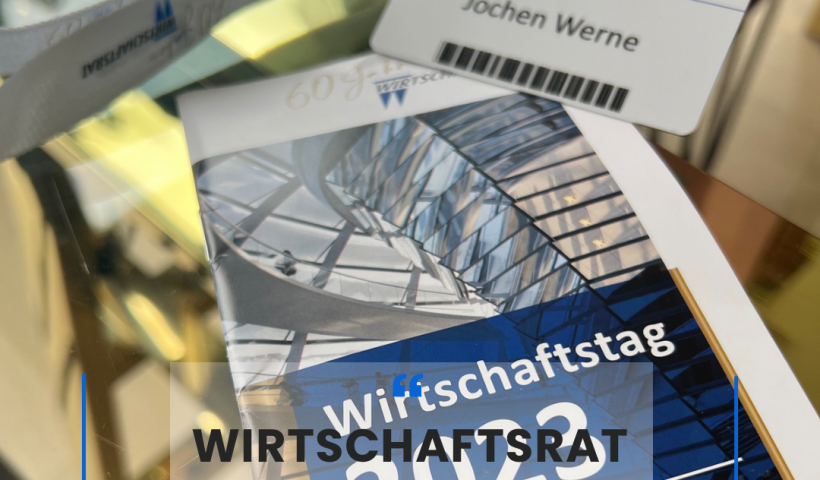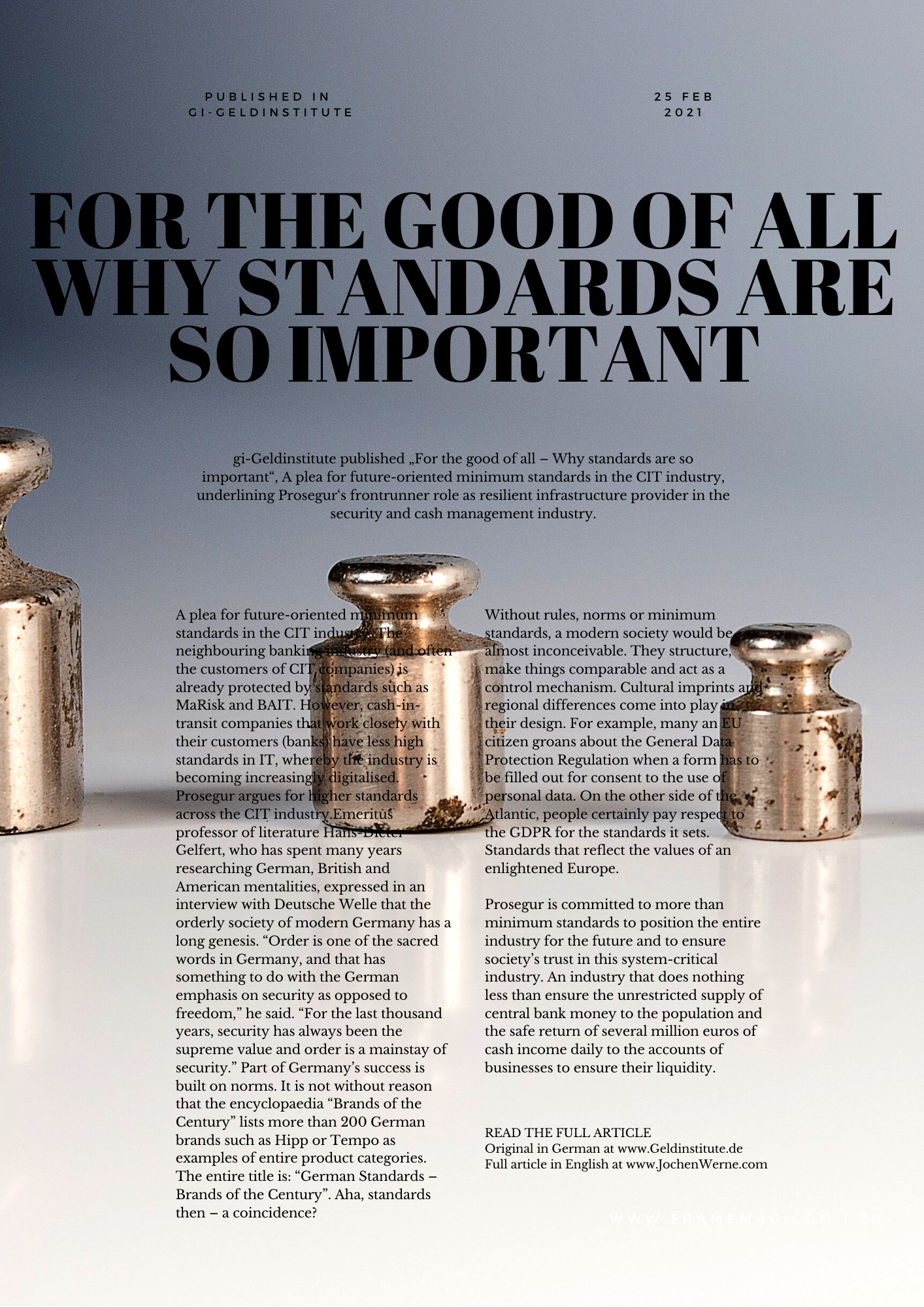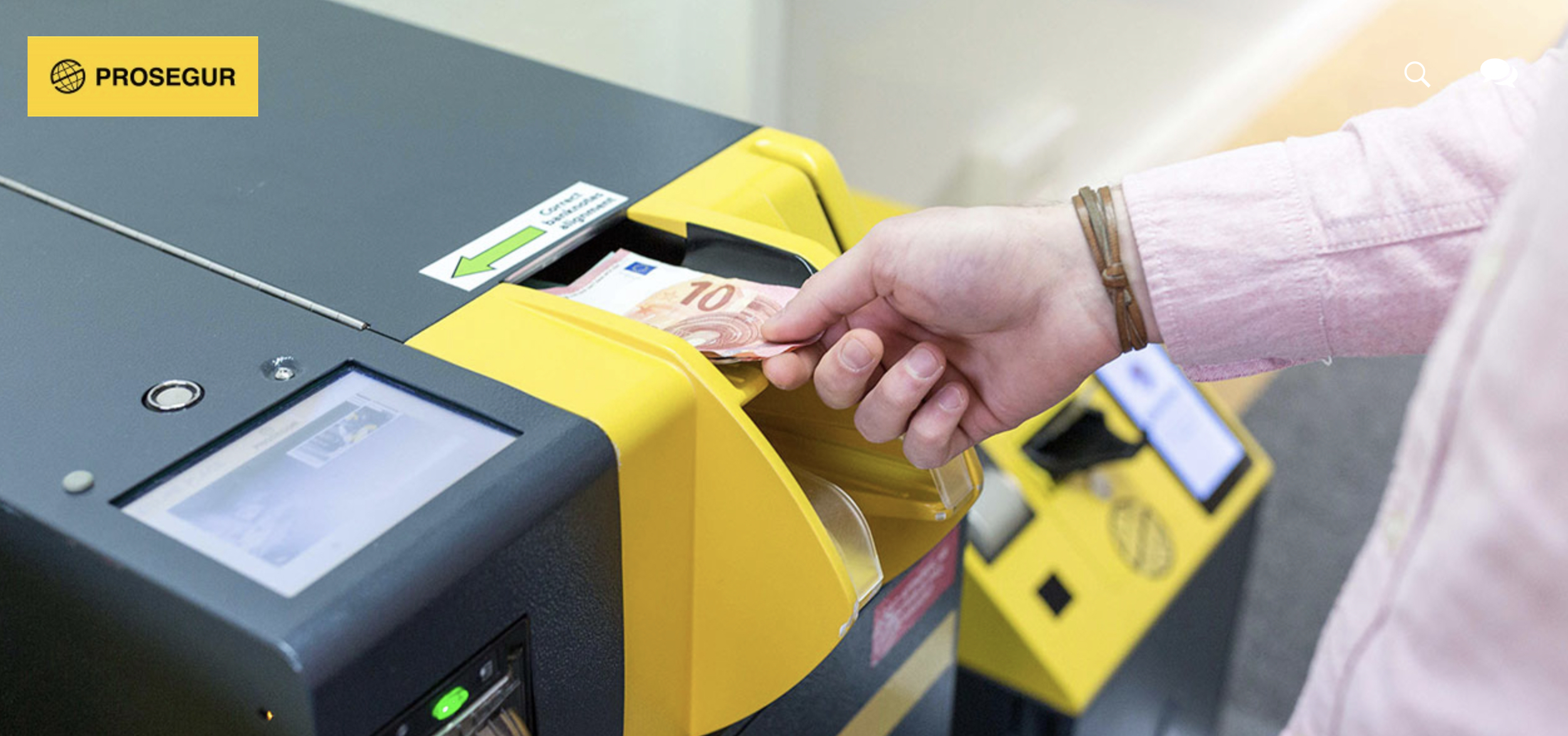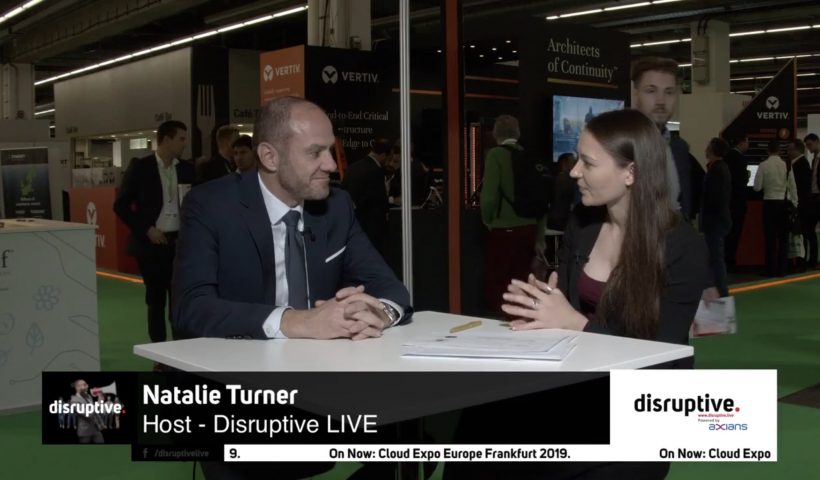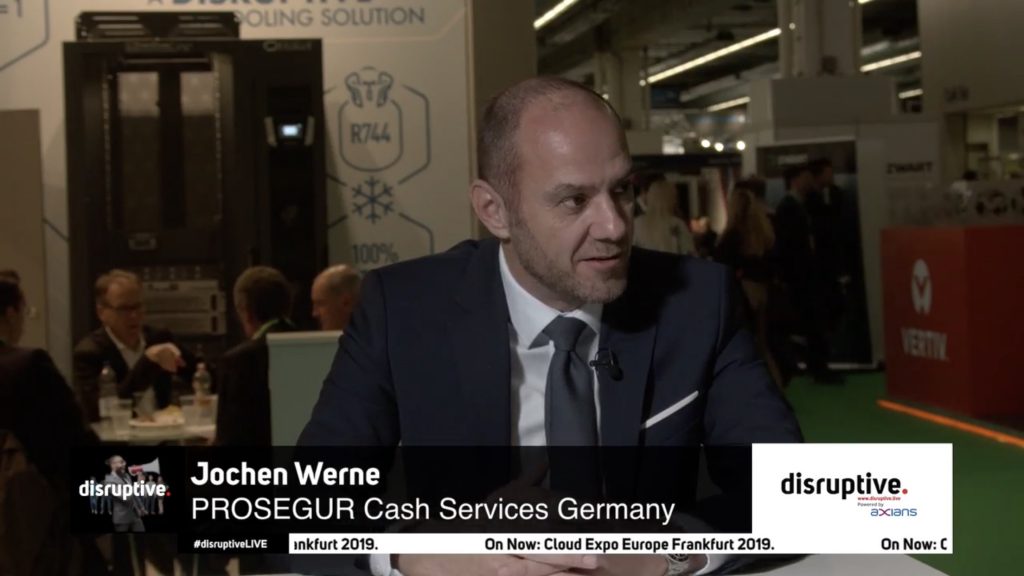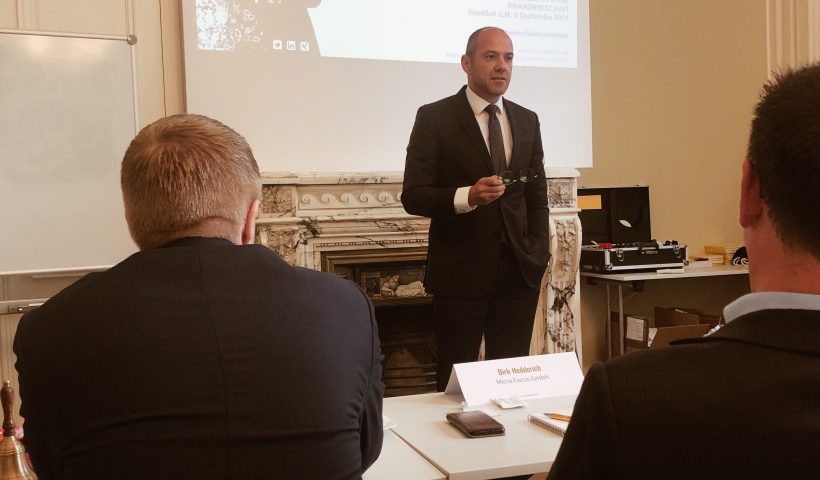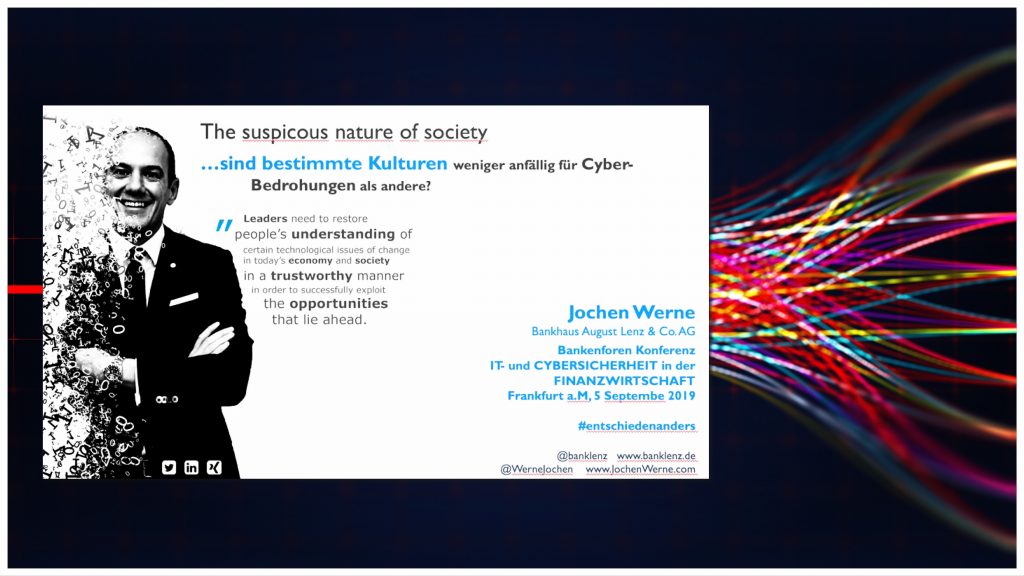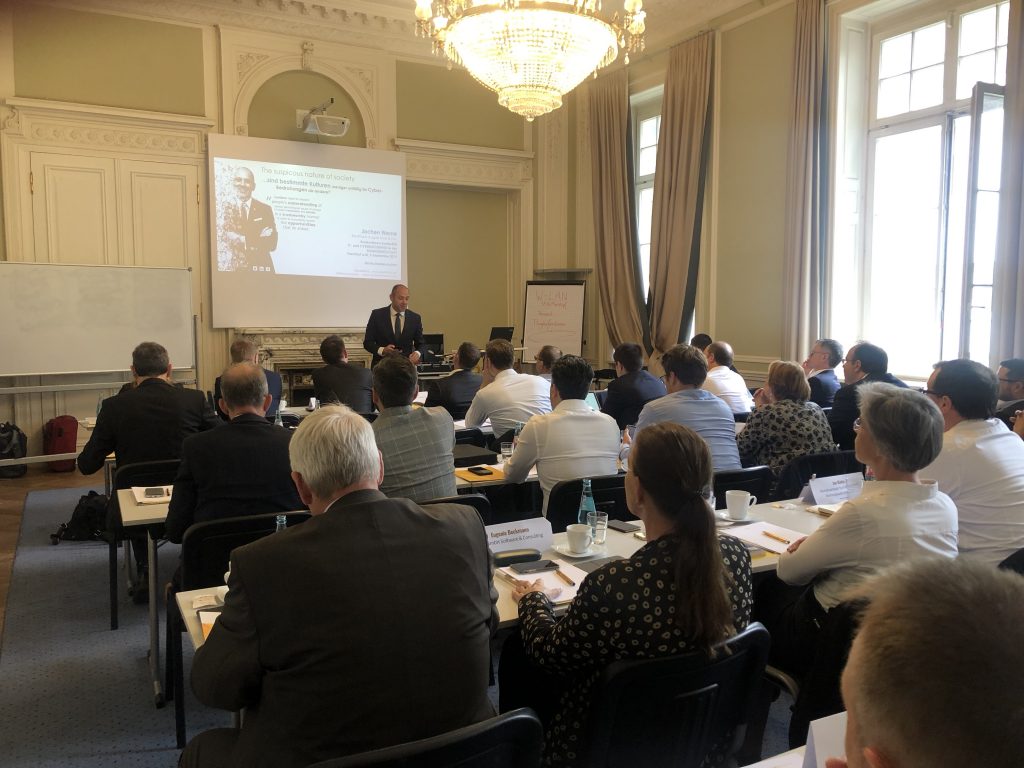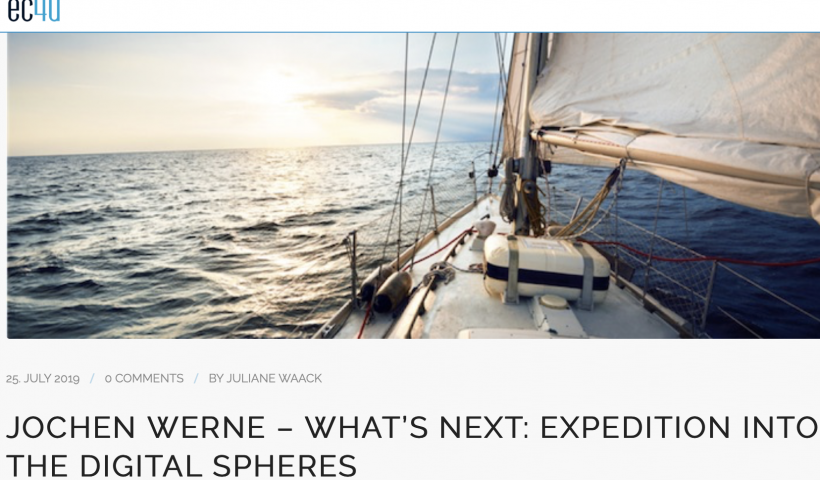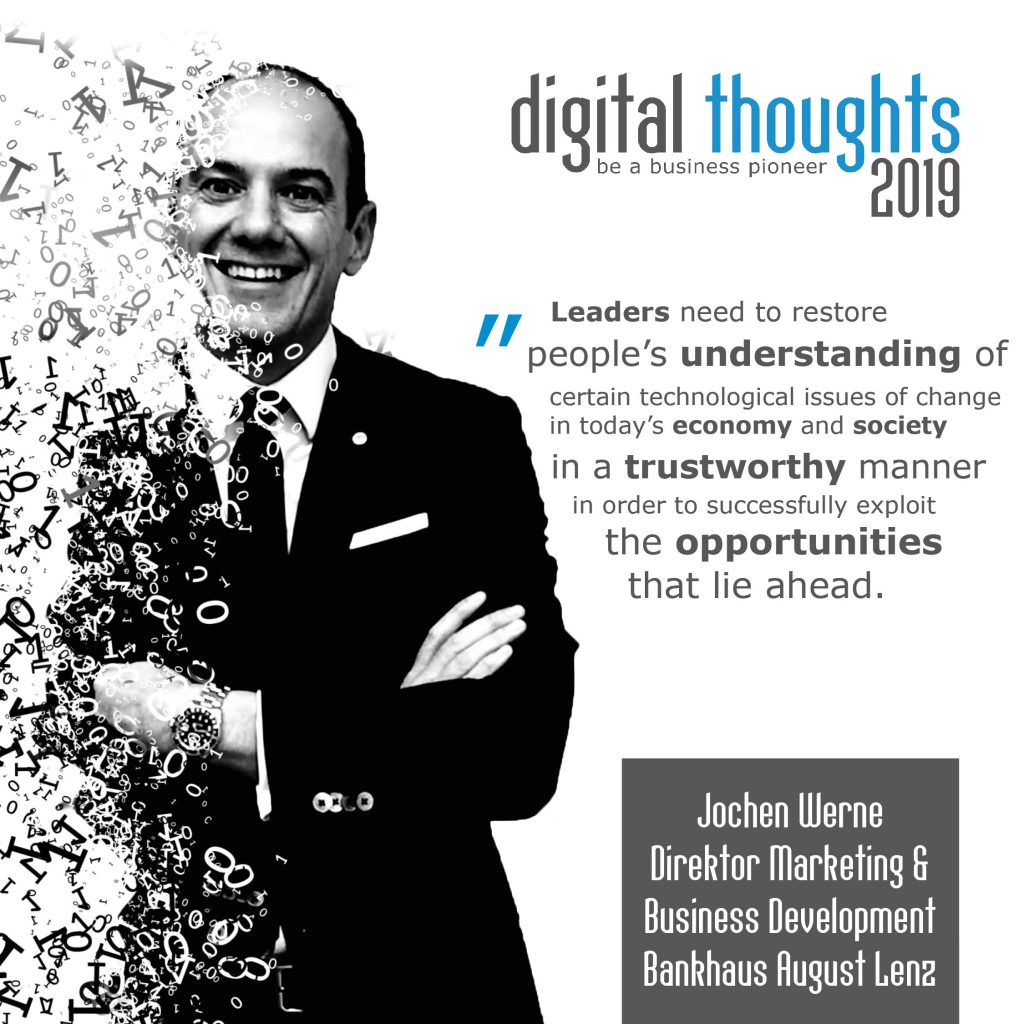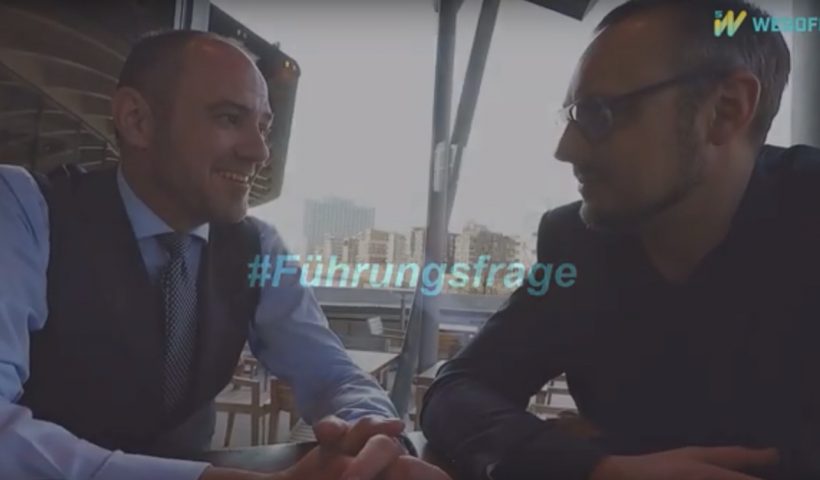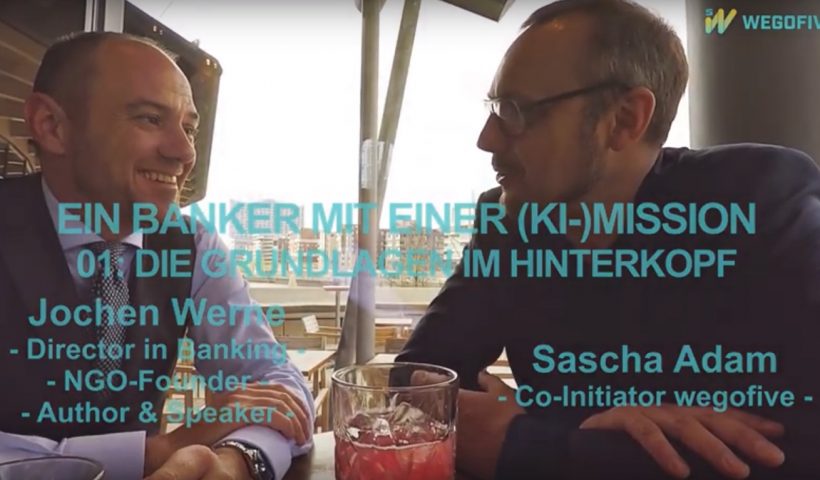There’s a peculiar phenomenon that often goes unnoticed: we vividly remember the moments in our lives when we made pivotal decisions, but the lazy Sundays we spent lounging on the couch tend to blur into obscurity. Why is that? From the standpoint of psychology and neuroscience, active decision-making engages multiple brain regions, specifically the frontal cortex. This engagement imprints these moments deeply in our memory.
Decisions are the very essence of our existence. On a daily basis, we make around 35,000 decisions, from what to wear to how to react in crucial life situations. In the realms of politics and business, decisions are made amidst uncertainty. The quality and timeliness of these decisions often determine success or failure. The better we are at decision-making, the more successful we become.

However, decisions aren’t made in a vacuum. They are greatly influenced by our emotions, past experiences, and even biases. Let’s delve into game theory, a study that examines mathematical models of strategic interaction. This theory was so revolutionary that scientists like John Nash were awarded the Nobel Prize for their contributions. It showcases the intricacies of making decisions when multiple players are involved, each trying to maximize their own benefits. For instance, the “Prisoner’s Dilemma” is a classic example. It illustrates how two individuals, aiming to minimize their punishments, often don’t cooperate, even if it’s in their best interest. Their decision, influenced by a lack of trust and the inability to communicate, usually leads to a suboptimal outcome for both.
Another interesting lens through which to view decision-making is behavioural finance. This field has shown that people don’t always act rationally, and their decisions are swayed by psychological factors. The Dot-com Bubble of the late 1990s offers a poignant example. During this period, a frenzy around internet-based businesses led to skyrocketing stock prices, despite many of these companies having no solid profits or clear business plans. Overconfidence and herd behavior drove investors to pour money into these stocks, leading to massively inflated valuations. The bubble inevitably burst in the early 2000s, resulting in significant financial losses for countless investors. This incident underscores the dangers of letting emotions and biases overrule rational financial decision-making.
Given the complexities, decision-makers often seek a solid foundation for their choices. This is where data comes into play. But data is not just essential; it’s omnipresent. It’s estimated that 2.5 quintillion bytes of data are created every day. Like water, it’s everywhere. And just as water can flood a village if not channeled properly, unstructured data can overwhelm and mislead.

Take the banking sector, for instance. Banks use data to assess creditworthiness. In e-commerce, data-driven algorithms suggest products to consumers. Telecom industries utilize data to enhance customer experience and predict churn. The cornerstone of these industries is state-of-the-art data analytics capabilities paired with robust decision engines.
However, with the influx of data, it’s crucial to discern the essential from the redundant. Much like converting saltwater to drinking water requires precision and expertise, sifting through raw data to extract meaningful insights is the forte of data analysts. They refine data into actionable decision-making parameters, reducing uncertainty. And in business, reduced uncertainty translates to reduced risk and increased profitability.

To conclude, data is indeed akin to water. Left unchecked or misused, it can wreak havoc. But when used right, when structured, analyzed, and enriched, it becomes invaluable. This is the essence of using “Data for Good” – transforming the ubiquitous into the indispensable, guiding decision-makers toward better, more informed choices.


